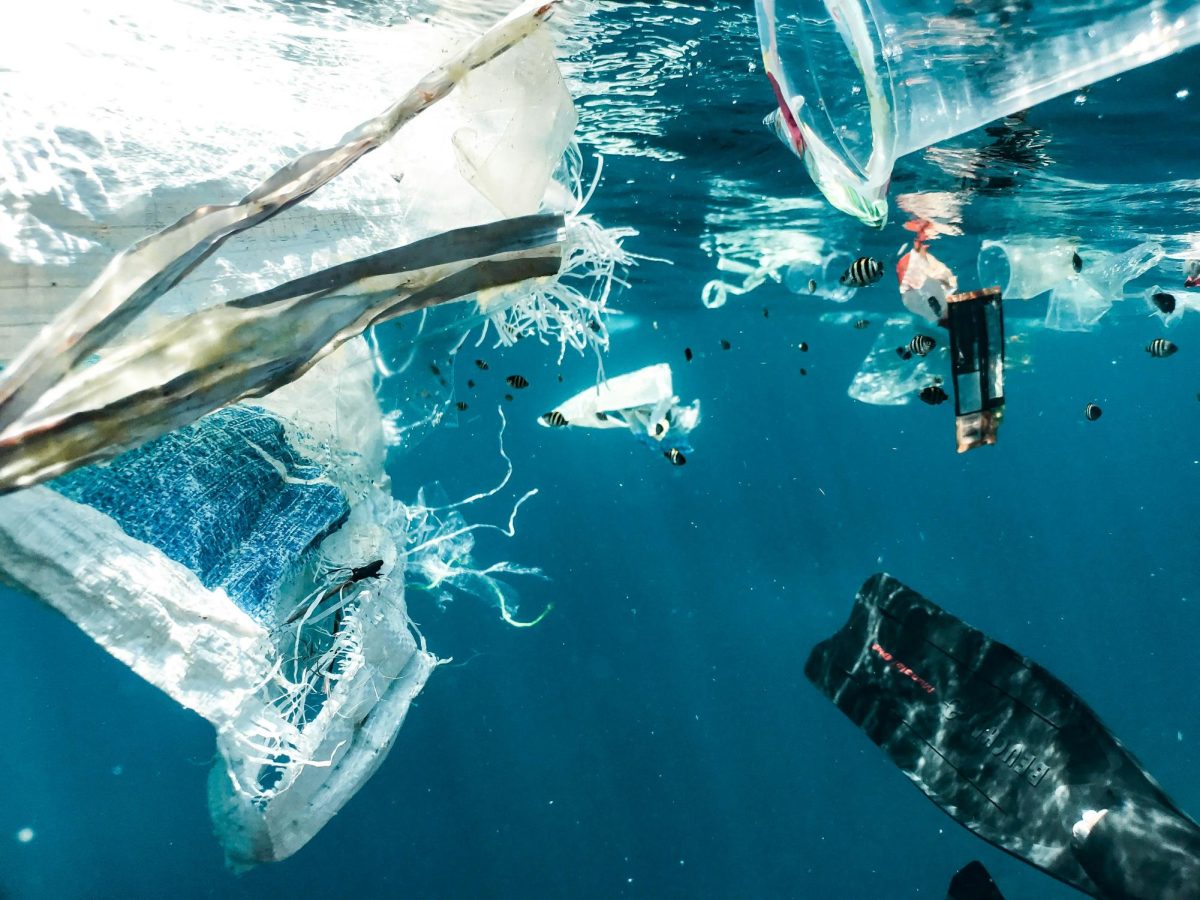Manatees, sharks, turtles, corals – about 4000 animal species are currently endangered or threatened, of which about 150 have their habitat in US ocean waters. However, it seems that United States’ politics remain largely indifferent to this reality: a sentiment underscored by the reelection of Donald Trump and his administration’s disregard for climate action.
Disturbances in the ocean ecosystems will have detrimental effects on food security, human livelihoods, and climate regulation. In the next 30 years, the world’s population will grow by an approximate 2 billion – that is about ¼th of the current population, for scale. According to an article by the Stanford Report, food production mainly in the form of livestock takes up around 40 percent of our land surface. For this reason, the oceans are a way for us to obtain alternatives to beef, pork, and chickens that are more sustainable and effective. Seafood provides us with a substitute protein source that has a much smaller carbon footprint (wild seafood’s footprint is six times lower than that of red meat), and that also does not require deforestation or habitat destruction that farming does.
Additionally, the ocean provides livelihoods for 3 billion people worldwide, with marine fisheries providing more than 57 million sources of income. However, over 60% of the ocean ecosystems these people rely on are being used unsustainably, threatening their economic stability. Having to support these workers in the case they lose their jobs due to overfishing, pollution, or other unsustainable actions, could be an immense strain on the economies of many countries. Lastly, oceans are major carbon sinks. A carbon sink is a reservoir that absorbs the atmosphere’s carbon through physical and biological processes. The ocean water soaks up carbon dioxide, where it is used or stored by marine organisms, such as corals, mollusks, and some plankton, which use it to create their shells or skeletons. Ocean currents also aid in transporting carbon-rich waters deeper into ocean waters, where the carbon can be stored for long periods and is prevented from being released back into the atmosphere. These processes are the reason that oceans absorb one third of all human created carbon dioxide, which significantly slows the rate of climate change.
After just one day in office, Trump has withdrawn from the Paris Agreement, an international treaty on climate change that has the goal of stopping a temperature increase of more than two degrees Celsius. If global temperatures increase by more than two degrees, ocean levels would rise by about 56 centimeters. When they do, among the many other negative impacts, sea turtles lose their nesting beaches, which may lead to the extinction of some species.
Trump also promised to invest in oil and gas production. The construction of rigs and pipelines will substantially take away from marine animal’s natural habitat. Additionally, even smaller, chronic leaks from pipelines can be inhaled by dolphins and whales, which can affect lungs, immune function and reproduction.
Despite the clear importance of our ocean’s health for the environment, human livelihoods and biological diversity on earth, policies continue to prioritize short-term economic gains over long-term sustainability, often at the expense of the very ecosystems we depend on.






